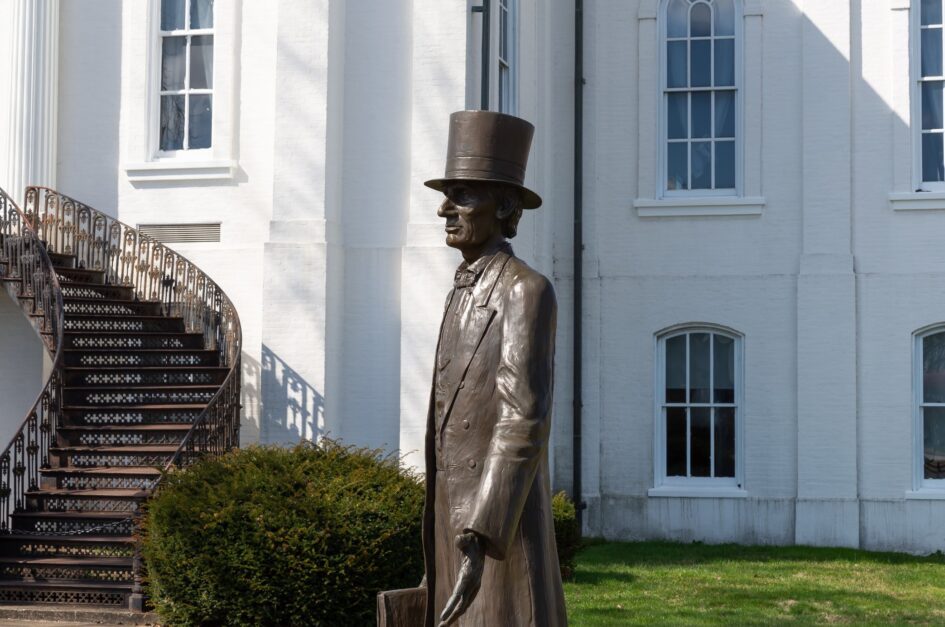In City of Danville v. C.A. Collins Enterprises, the Fifth District Appellate Court recently reversed the Circuit Court of Vermilion County’s issuance of a deed to the City of Danville, finding that the circuit court improperly interpreted section 11-31-1(d) of the Illinois Municipal Code. This section provides an expedited process for courts to issue judicial deeds to municipalities for abandoned properties. For a property to be declared abandoned under the section, it must meet the following conditions:
1) the property has been tax delinquent for two or more years or bills for water service have been outstanding for two or more years;
2) the property is unoccupied by its legal owner; and
3) the property’s condition impairs public health, safety, or welfare.
In 2017, the City of Danville filed a complaint seeking approval to demolish the historic Bresee Tower, arguing that it had been abandoned and had fallen into disrepair. On February 17, 2022, the Circuit Court of Vermilion County entered an order declaring that the historic building had been abandoned pursuant to section 11-31-1(d). On May 26, 2022, the court issued a judicial deed to the City of Danville for the property. The owners of the historic tower appealed the circuit court’s decision, arguing that the building had not been abandoned under section 11-31-1(d) and that there was no legal basis for the court to issue a judicial deed for the property to the City of Danville.
At issue in this case was the circuit court’s interpretation of the first requirement: that the property is tax delinquent or has outstanding water bills for more than two years. The circuit court had found that this requirement was met despite there being no finding that the subject property was tax delinquent or had outstanding water bills. Instead, the City of Danville argued that the building had not had water service since 2009. The circuit court found that this was a greater indication of abandonment than outstanding water bills and ruled in favor of the city.
On appeal, the Fifth District reversed the lower court’s decision, holding that the plain language of section 11-31-1(d) of the Illinois Municipal Code was clear and unambiguous. It explained that, under section 11-31-1(d), the only relevant considerations are whether the property is tax delinquent or two years behind on its water bills. The appellate court reasoned that basing a finding of abandonment on whether there is water service to a building raises numerous potential concerns. The appellate court stated that a building may not have public water service if it has access to a well, has water delivered to the property and stored in a cistern, or if the property owners purchase water through a commercial delivery service.
Additionally, the appellate court found that section 11-31-1(d) of the Illinois Municipal Code was not the city’s only option to address the blighted property. While ameliorating community blight is an important role for municipalities and section 11-31-1(d) provides an expedited route for doing so, municipalities must act in strict compliance with the Illinois Municipal Code. In this case, the appellate court pointed out that municipalities can address blighted properties through section 11-31-1(a). This section allows municipalities to address blight when a property owner refuses to address dangerous conditions on a property, without meeting the abandonment requirements of section 11-31-1(d).
This case highlights the need for municipalities to carefully consider their options and strategies for addressing abandoned and blighted buildings. As always, the best practice is for municipalities to consult with an attorney when considering their legal options for addressing abandoned and blighted properties.
For more information about this article, please contact Tressler attorney Taylor Brewer at tbrewer@tresslerllp.com.
